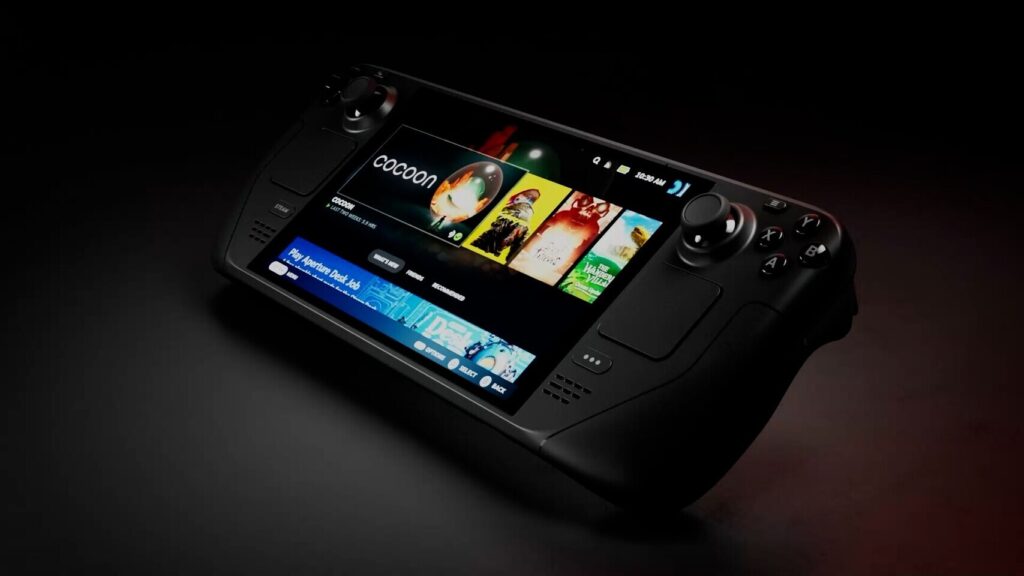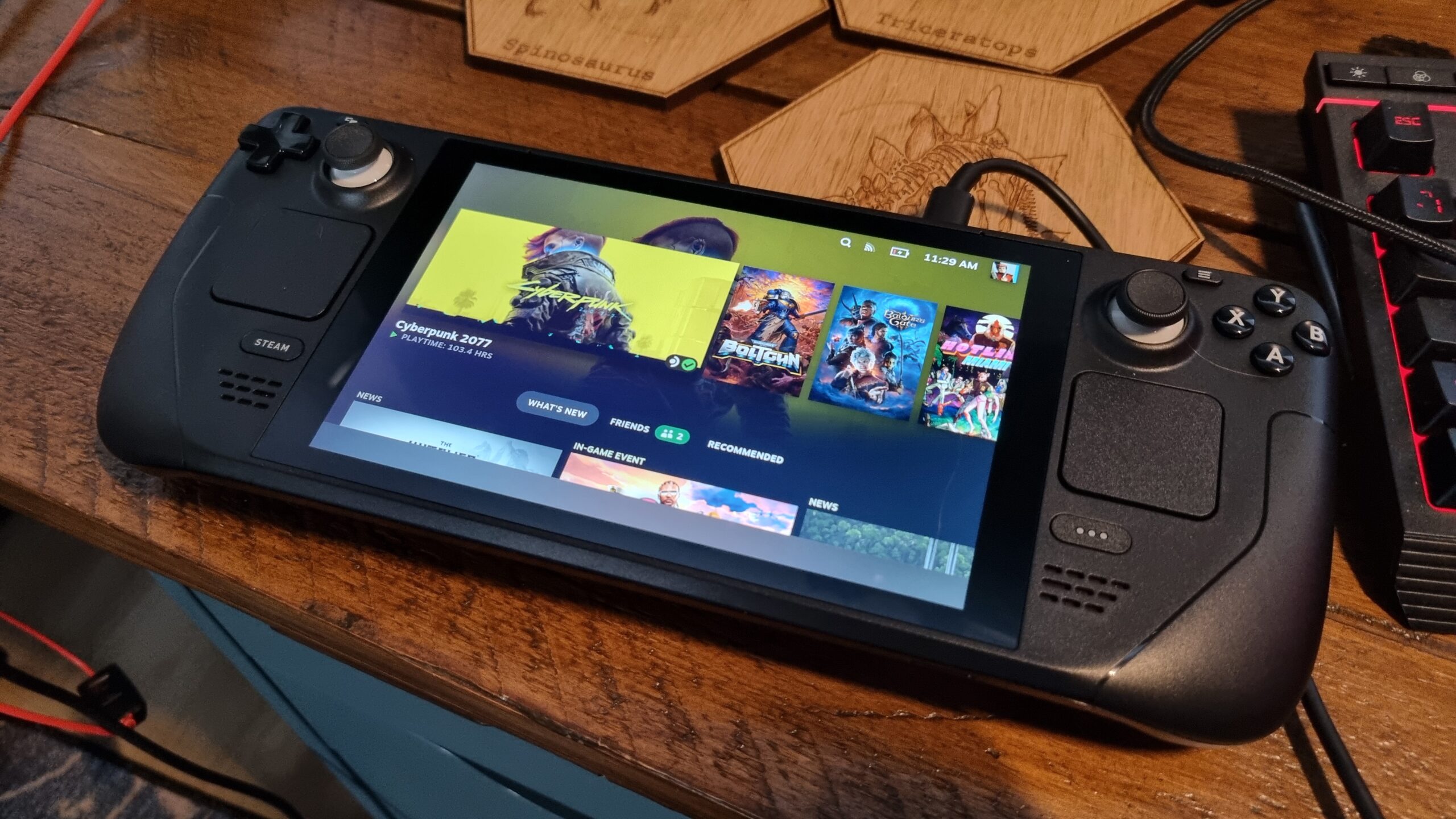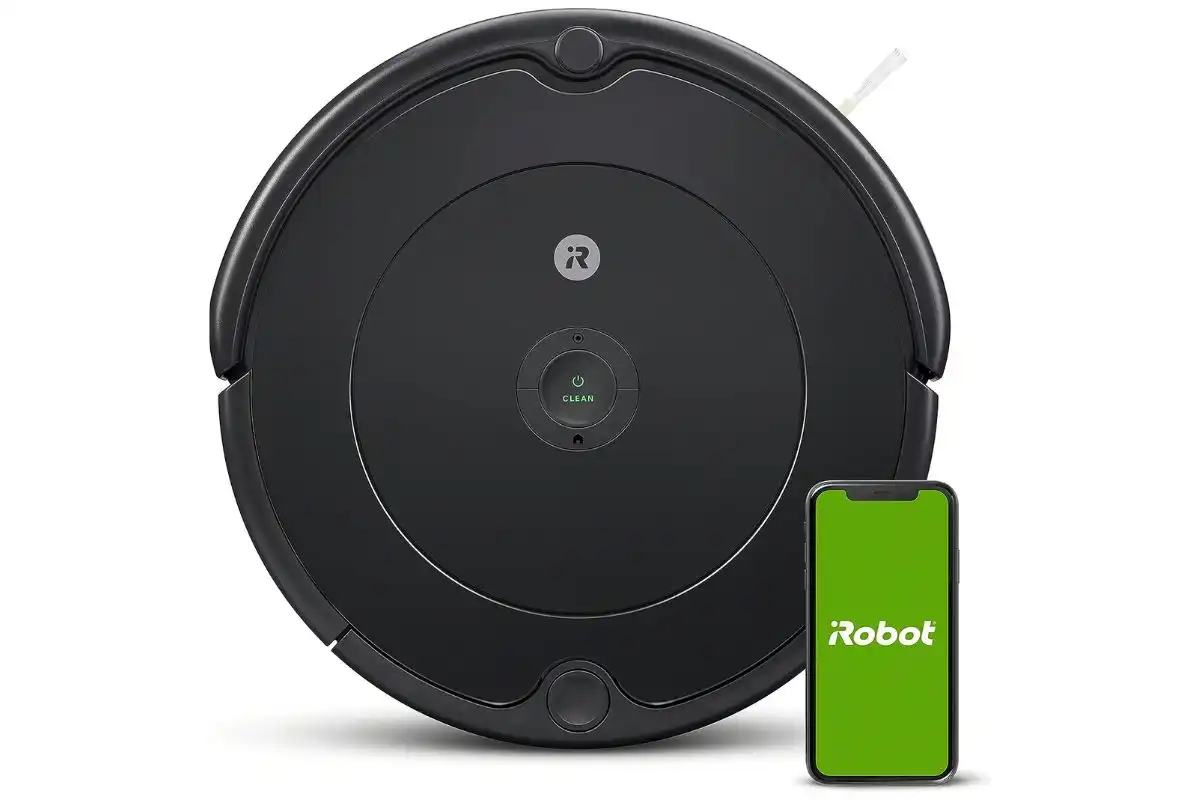
The Steam Deck has emerged as arguably the most popular Linux PC to date, though many users may not realize that its SteamOS is built on a Linux foundation. A key component of its success is the Proton compatibility layer, which enables Windows games to run on Linux without significant hassle. Recently, Valve has been testing a version of Proton tailored for ARM hardware.
Reportedly labeled “Proton-arm64ec-5,” this version has been identified in the SteamDB.info database, as noted by Tom’s Hardware. The “arm64” designation signifies that this iteration of Proton is specifically designed for ARM-based devices. ARM architecture is prevalent in various technologies, most notably mobile devices like smartphones and tablets. In 2020, Apple transitioned from Intel chips to its own ARM-based processors for MacBook laptops, while the latest wave of ARM Windows devices includes “Copilot+” laptops powered by Qualcomm’s Snapdragon processors.
An ARM-optimized version of the Proton layer could unlock numerous possibilities, particularly for running SteamOS on handheld devices equipped with ARM processors. Since the launch of the Nintendo Switch in 2017, there has been a surge in popularity for handheld gaming devices utilizing ARM chips, which also power the Switch itself via Nvidia’s Tegra X platform. Notably, Valve appears interested in expanding SteamOS compatibility beyond the Steam Deck, with potential targets including the Asus ROG Ally series. There’s also speculation about an ARM-based Steam Deck, as the original model, built on AMD laptop processors, is beginning to show its age.
Moreover, Valve may aim to enhance gaming performance on Linux devices that utilize ARM chips. Typically, ARM hardware in gaming focuses on Android, emphasizing mobile games or classic console emulation. Although it’s possible to run Windows games on ARM-based Snapdragon laptops, performance tends to suffer significantly. Similarly, macOS faces challenges in this area, but the concern is mitigated as Mac systems are not the primary choice for PC gamers.
It’s essential to note that Valve has not confirmed any of these developments. My speculation is based solely on the “arm64” label in the SteamDB entry. However, the idea of a smaller, more efficient, and potentially more affordable Steam Deck variant operating on ARM hardware is certainly intriguing.




